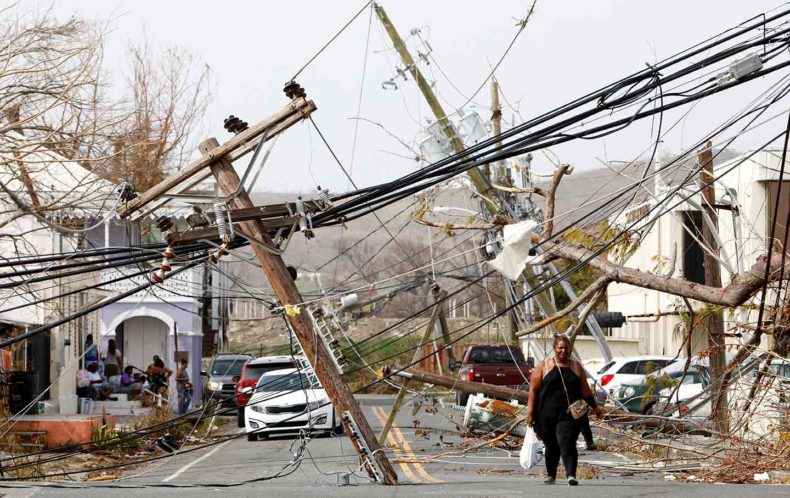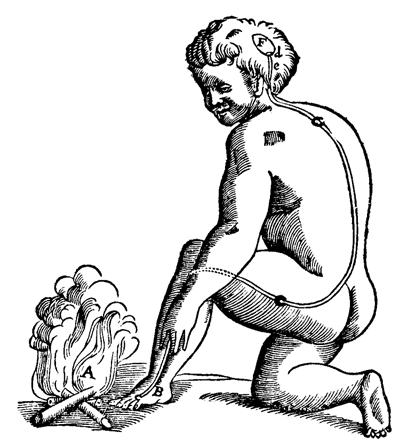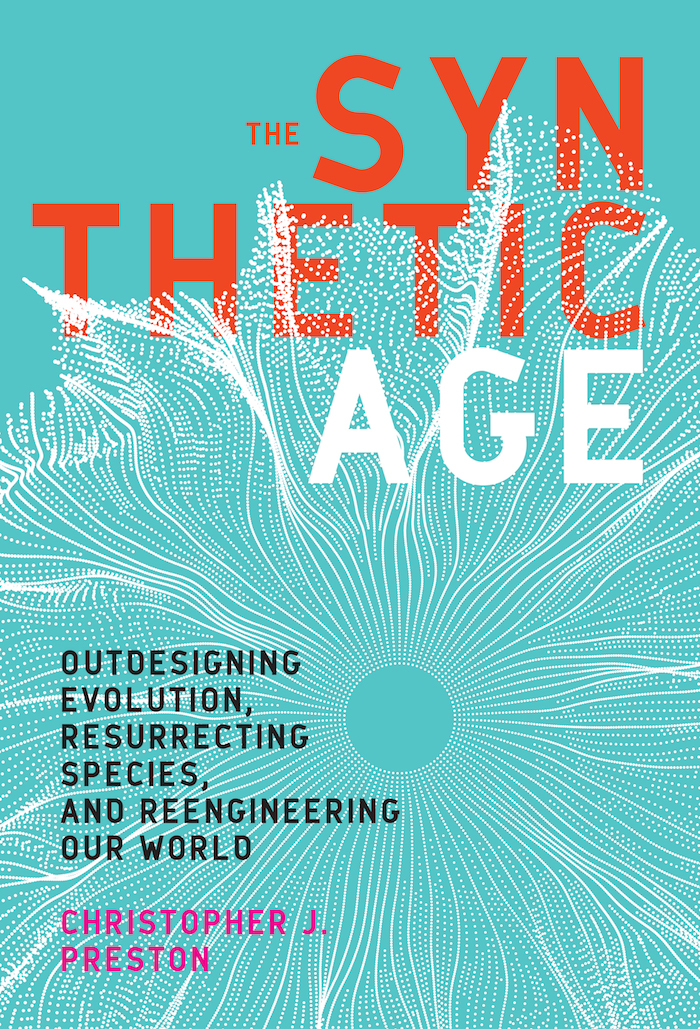This story was originally published in 2013. Since then, evidence for the benefits of fasting has mounted. See here, here, and here. But so many questions still remain. What is clear? Dieting is hard. For example, this study, which examined an every-other-day-fast regimen and a more traditional calorie-restriction diet, lost 31% of its participants.

A couple of weeks ago I found myself in a beautiful rural home that belongs to my parents’ friends, a slim and sophisticated couple who enjoys bird watching and international travel. I was meeting this pair—let’s call them George and Marsha—for the first time. I’m inherently nosy, so while the rest of the group chatted, my eyes scanned the room. On the fridge, I noticed a slip of paper that looked to be George and Marsha’s weekly dinner menu. That night they’d be having polenta and pork roast. The other days had meals written next to them too, all except for Monday and Wednesday. Next to those two days, Marsha (or George) had scrawled “Fast.”
Fast as in not eat? Marsha and George didn’t seem like the type to fall for juice cleanses or fad diets. My parents said the couple had probably seen the same documentary they had. The show follows Michael Mosley, a BBC journalist and former physician, on his quest to become slimmer and healthier through fasting.
I’ve never heard of Michael Mosley, but I’m not sure how I missed him. Lately Mosley is everywhere — on the BBC, on PBS, in the news. In January he launched a bestselling diet book co-authored by journalist Mimi Spencer. Here’s the approach they’re advocating: To lose weight and improve health, dieters should fast two days each week. On fasting days, women should consume no more than 500 calories. Men are allowed 600. The other five days dieters have no restrictions. Continue reading







